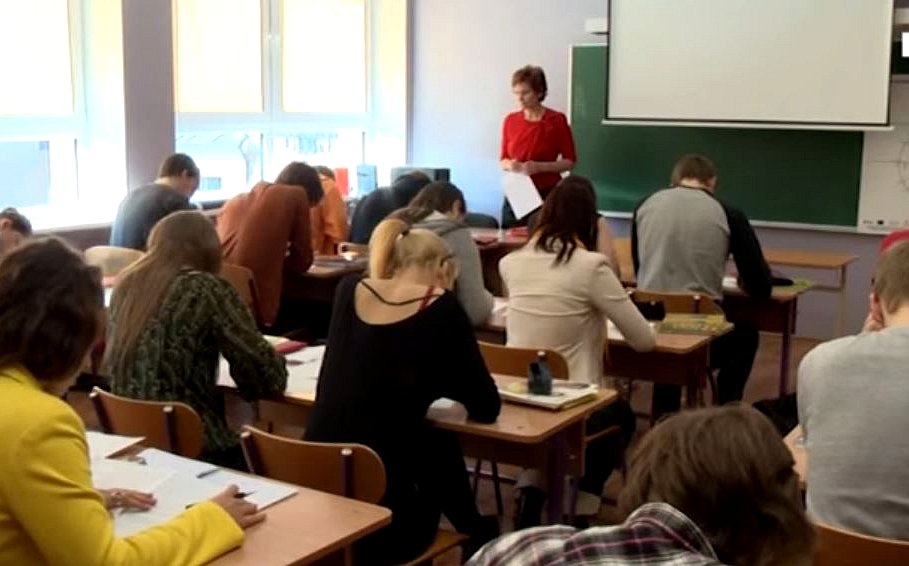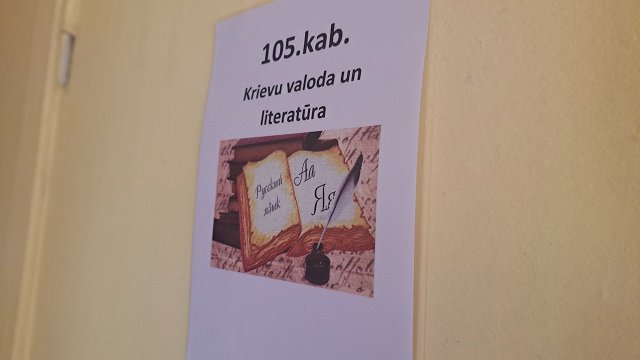The latest OECD research on international education, no progress in reading comprehension has been found among Latvia's brightest 15-year-olds.
It can be inferred that schools aren't paying enough attention to the most talented children.
One of the schools that has many bright students is the Cēsis State gymnasium, which ranks among the five best Latvian schools in terms of achievements in international olympiads and research contests.
Edgars Klētnieks, an alumnus of the gymnasium and now a freshman at Cambridge University in the United Kingdom, is one of those who continue reaching the greatest heights. He has received a bronze medal in two chemistry olympiads around the world.
He admits that it's money that drove him to win competitions, as he isn't from a well-to-do family and thus needed the cash.
"I don't mean to brag, but I have received 3,000 [euros] for the olympiads in total," said Edgars.
After an intense screening process, he was admitted to Cambridge, and he gave his newest chemistry olympiad medal to his teacher Sarmīte Dreijalte.
But there are very few like Edgars in Latvia.
Even though Latvian students' results in math are quite good and we're even a little above the European average, it's much lower among excellent students, and the growth tendency is very little. Latvia is comparable with Lithuania and Russia, but trails behind Estonia.
Chart: "Maths achievement among levels of competence." Levels 5 and 6 are the highest.
On a positive note, though, Latvia does have less underperforming students. One of the explanations is that teachers spend more time with these students.
The teachers said it's harder to notice an excelling student than to work with those who underperform.
"We would like to invite schools to work with talented students more, because now schools are paying too little attention to talented children, which is attested by the results of the accreditation," said Kristīne Strūberga, head of the State Department for Quality of Education.
There are 26 State gymnasiums in Latvia, and it is in these schools where teachers are paid 10% more. This bonus is mostly intended for working with excellent students.
The Cēsis State gymnasium has created an incentive system where teachers are paid more and encouraged to scout for talents among the pupils and to work with them in the hardest point, when there's promise for success but there's none yet.
The headmistress of the gymnasium, Gunta Bērziņa, was perplexed about the lack of state support – the travel expenses to international olympiads are to be covered by the municipality and the school.
While Latvia has only 26 gymnasiums, there are 680 primary schools, secondary schools and high schools where teachers don't get such bonuses. The work with the brightest in these schools depends on the teachers' enthusiasm or support from the municipality.


























